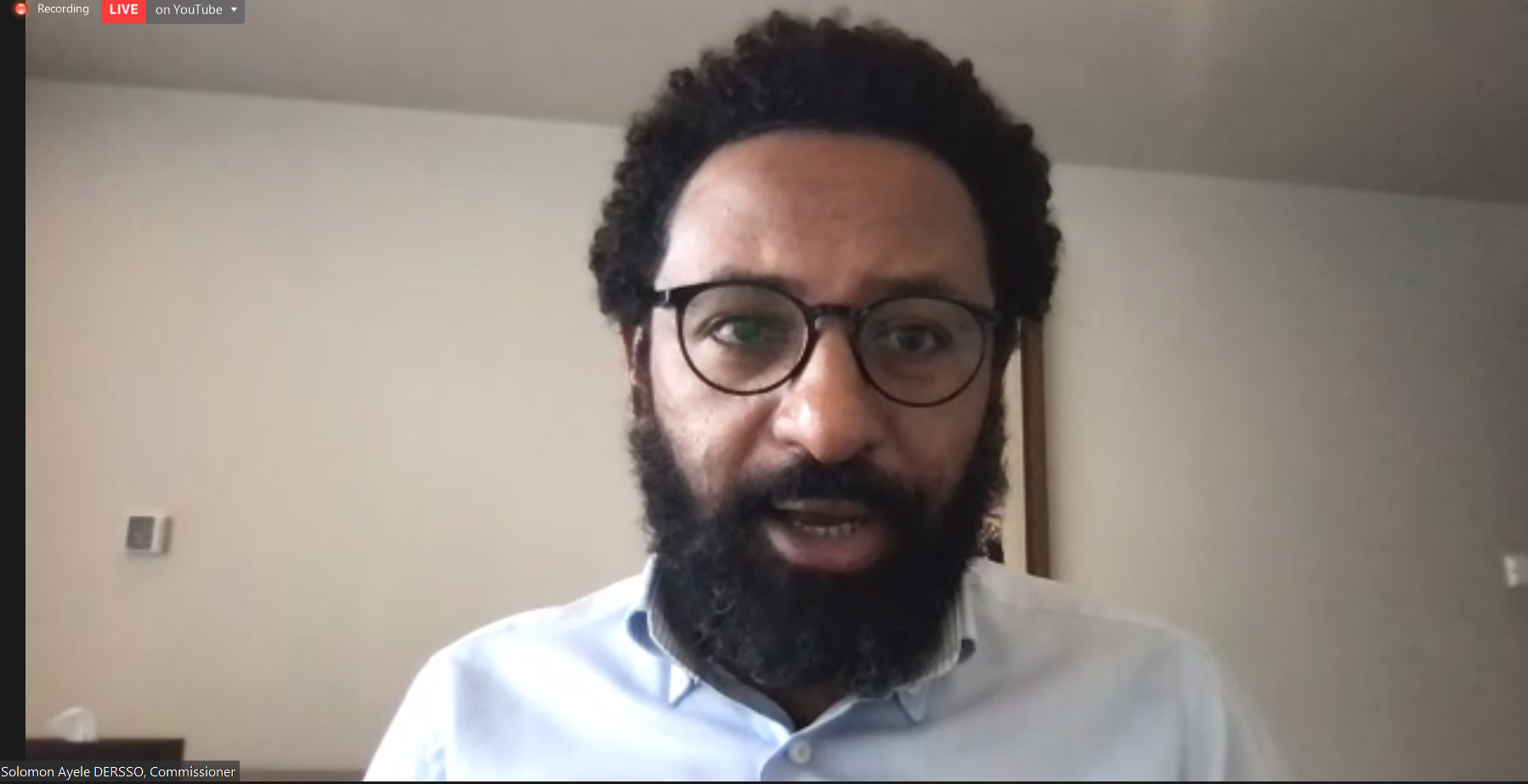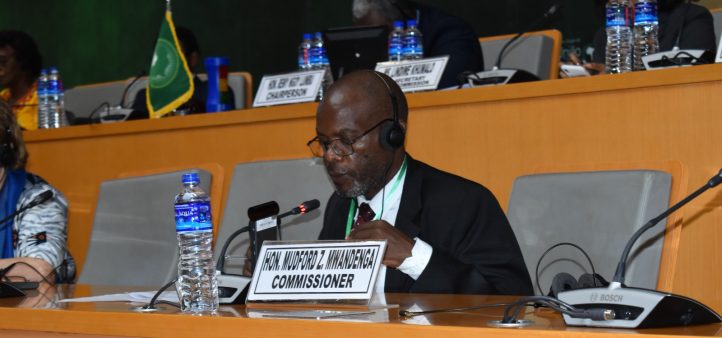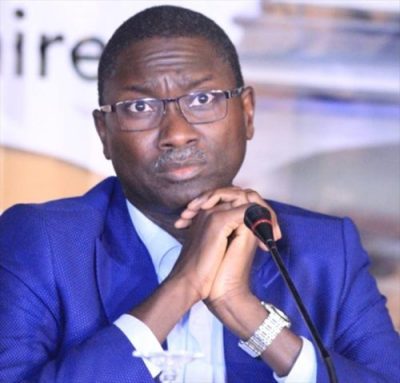On 27 April 2022, during its 71st session the African Commission on Human and Peoples’ Rights (ACHPR) held a panel on “the Prevention of Unconstitutional Changes of Government in Africa: Role of the ACHPR”. The Panel aimed to reflect on the challenges of unconstitutional changes of government, their structural causes, strategies and solutions to address them, as well as the role of the Commission and other stakeholders in promoting and protecting constitutionalism, democracy and inclusive governance to enhance peace, security and stability in Africa.
Despite the efforts made to address this scourge at different levels of governance in Africa, a number of African Union (AU) Member States have experienced unconstitutional changes of government. These include Guinea, Mali, Chad and Sudan in 2021 and Burkina Faso in 2022.
In his introductive remarks, Commissioner Rémy Ngoy Lumbu, Chairperson of the African Commission highlighted that: “the Africa we want is not the Africa we have ”. The majority of countries in Africa are threatened with destabilisation, and democracy is progressively disappearing. Guinea, Mali, Burkina Faso have ratified the African Charter on Democracy, Elections and Governance but it didn’t prevent military coups in these States.
“It is the absence of respect for human and peoples’ rights that creates the conditions for a military coup” noted Solomon Ayele Dersso, Commissioner and Focal Point on Human Rights in Conflict Situations, to explain why those changes happen. In case of a military coup, the constitution is suspended with a direct impact on the suspension of all State institutions, thereby limiting fundamental rights and freedoms.
“Since last year the continent has experienced an increase of unconstitutional changes of government and, in these cases, arms have been used because of the failure of political leaders to exercise good governance” stated Ambassador Salah Siddig Hammad, Head of the African Governance Architecture Secretariat, Head of the Human Rights Department of Political Affairs.
“The concept of unconstitutional change of government in Africa needs to be improved, as the current definition in the texts does not conform to the realities of the continent. These changes of government are linked to the nature of the post-colonial States, thus the question of transformations of African States is important because as long as this is not achieved, crisis would not be prevented” raised Dr. Ibrahima Kane, Head of Advocacy Program at the African Union, OSIWA.
“The unconstitutional change of government should not be seen in isolation, we need to bring sustainable solutions with a holistic approach to the crisis and to other problems like: terrorism and population uprising” concluded Ambassador Bankole Adeoye, Commissioner for Political Affairs, Peace and Security at the African Union.
The panelists also made a number of recommendations to prevent unconstitutional changes of government in Africa, which include:
- respect for democratic principles, the establishment and consolidation of strong democratic institutions and respect for the rule of law are essential for political stability, sustainable peace and development;
- the involvement of all stakeholders is necessary to prevent unconstitutional changes of government;
- the ACHPR in its reports to the AU should raise the issue of preventive actions to resolve unconstitutional changes of government;
- the ACHPR should continue to monitor the implementation of the AU’s instruments, and to take action on the issue of corruption;
- the ACHPR must continue to monitor the situation of citizens’ rights as is the case in Sudan where the population is under pressure from the government;
- the concept of unconstitutional change of government should be revisited in AU texts;
- to address the issue of unconstitutional change of government holistically by integrating the terrorism of popular uprising ;
- all AU instruments must be ratified, integrated into national laws and implemented.
Watch a recording of the panel here




